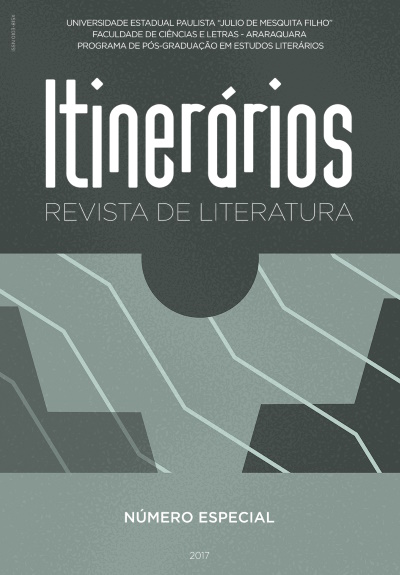Knowing how to dream: angst, identity and alterity in a poem by Fernando Pessoa
DOI:
https://doi.org/10.58943/irl.viesp.11242Keywords:
Alterity, Angst, Dream, Fernando Pessoa, Identity,Abstract
Antonio Candido, in his famous text O direito à literatura, compares literature to dreams since, for him, in the same way that without dreaming it would be impossible to have psychic equilibrium, so does literature retrieve the bond with our own humanity, guaranteeing certain social equilibrium. Thus, the dream appears in literature not only as topos, but as its engine – in this sense, able to be related both to the concept of mímesis as well as to poiésis itself – and, yet, as an access to this humanisation in art. Therefore, reaching for such symbology of the dream, we undertake an analysis of a poem by Portuguese author Fernando Pessoa, for whom the reflection on the theme appears to manifest some of these perceptions. We believe that the appearance of the dream in the poem points not only at this metapoetic dialogue between literature and the imaginary, but also at a perception of identity and alterity as dimensions of the individual which would only be apprehensible in the state of dreaming. Having this vast range of relations in mind we will, in this article, embrace conceptions of theoreticians such as Jacques Lacan, Søren Kierkegaard, Gaston Bachelard and the aforementioned Candido, as well as Pessoa himself.Downloads
Published
26/03/2018
Issue
Section
Articles
License
Os manuscritos aceitos e publicados são de propriedade da revista Itinerários. É vedada a submissão integral ou parcial do manuscrito a qualquer outro periódico. A responsabilidade do conteúdo dos artigos é exclusiva dos autores. É vedada a tradução para outro idioma sem a autorização escrita do Editor ouvida a Comissão Editorial.

